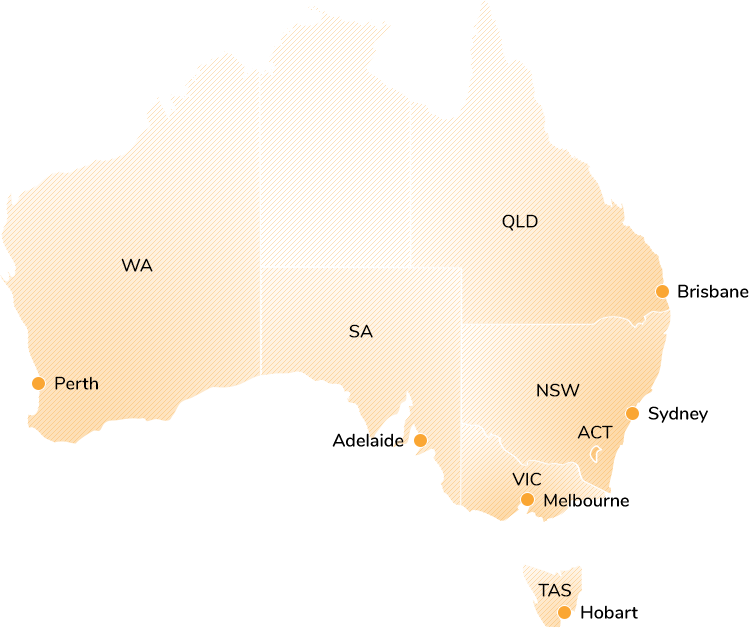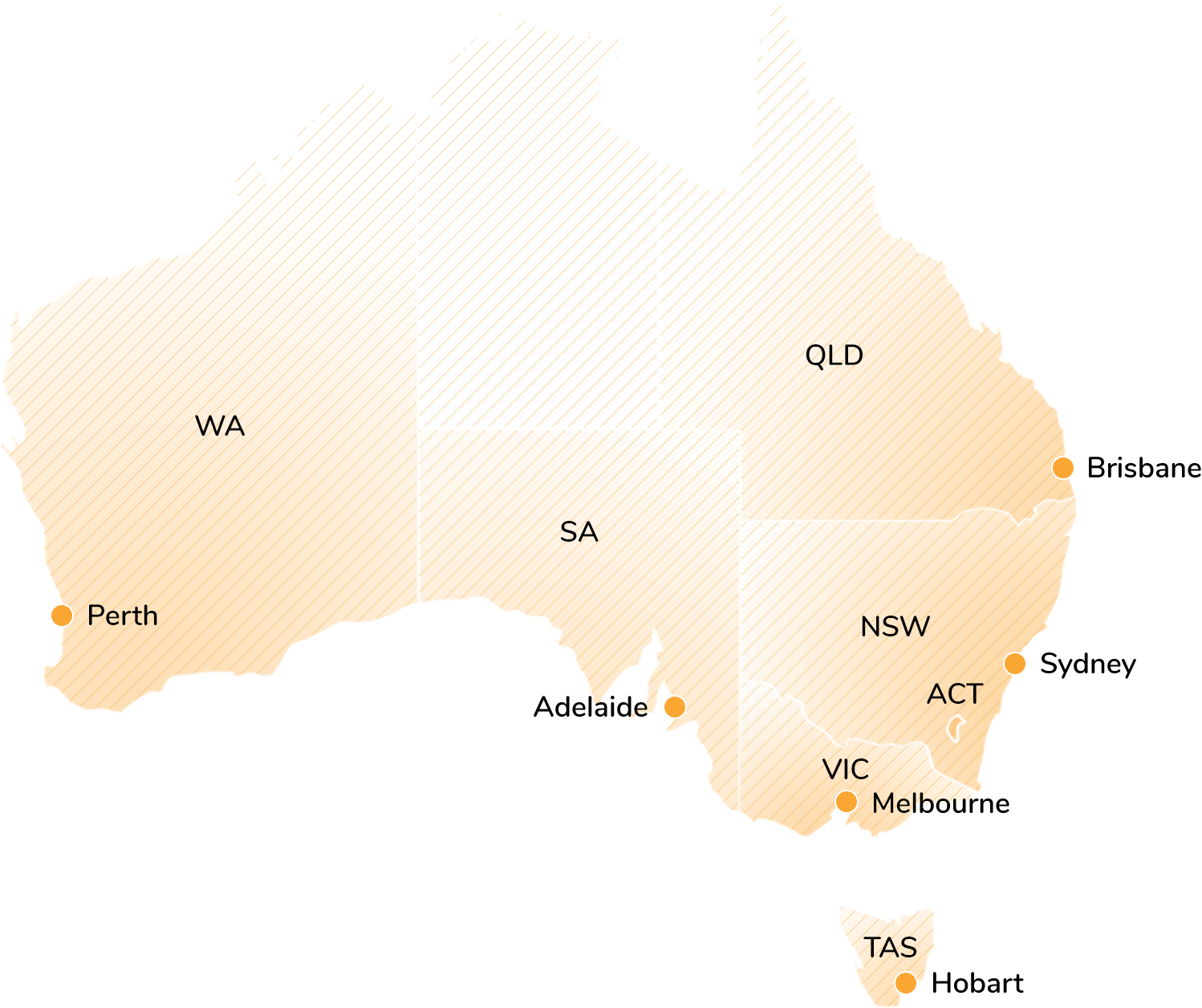Dealing with Isolation: for people in Supported Living

Here are some general recommended practices, for carers, support workers and parents supporting people with disabilities who are socially isolated due to the Corona Crisis.
- Explain the current health situation, and why we cannot go out and do all the things we normally do in a way they will best understand it, such as reading social stories with the person we support. Here are some ideas:
- Where possible, minimise conversation about the virus in front of the people we support, as this can be distressing, especially if they don’t understand what is going on.
- Meet (via videoconference or phone of you are a large team) and list all the usual activities our person will not be able to do (e.g. Day Program, visitting elderly relatives, going to the pub), and decide how we will communicate this. Various strategies including pictures on the wall or verbal reminders might be used.
- Consider how existing favourite activities can be substituted, for example a trip to the café can be replaced with a drive-through drink whilst listening to music in the car.
- Explain that things will be different for some time, but that we are OK and safe and will still have a good time. Reassure your person you are there to support them.
- Explain there may be some people they may not be able to see for a while. Schedule regular phone conversations or video calls with family and friends. Maintaining social relationships is one of the main aspects of good mental health.
- Always strive to offer a choice of various activities and try to have an activity of their choice planned for every day.
- Create a monthly activity planner, individually or as a group, including some familiar activities and some new activities. This is an opportunity for people to try activities they may have never tried before (sometimes we say we do not like something, but we enjoy it when we try it, e.g. some people think they can’t paint just because a teacher said to them they are bad at painting 30 years ago).
- Create a temporary weekly schedule but also be ready to offer an activity, if needed, unexpectedly.
- Provide people with the opportunity to have some form of exercise, daily at a regular time. We join in, too! There are many options available online including:
- yoga
- zumba
- aerobics
- dancing
- boxing
- Tai Chi and other martial arts
- Make sure the people we support get some fresh air, sunshine, and time in nature, each day.
- Strive to create predictability by discussing the plan for next hour, the next day, the next week, etc, with the person and referring to their communication aids (e.g. their calendar) while doing so. Everyone has their own schedule.
- Observe and notice when the people we support become distressed or confused about the new routine.
- Help people maintain their usual morning and night-time routine (e.g. getting up at their usual time, getting dressed and having breakfast around the same time)
Poli Gavria.
Behaviour Support Specialist
Poli believes in the natural improvement of people's behaviour when their lives become more meaningful, creative and socially connected.





